Photo: © Video screenshot

Photo: © Video screenshot
Louisiana refused to abolish slavery. These are the results of the referendum, in which more than half of the state voted against the amendment to ban slavery.
Incredibly, slavery is still legally enshrined in the US Constitution, despite its de facto abolition in 1865. The 13th Amendment to the Constitution prohibits slavery and forced labor, with one exception – punishment for a crime. Many states have already decriminalized slavery, but some, including Louisiana, are in no hurry to repeal the centuries-old measure. After all, the forced labor of prisoners annually brings in billions of dollars. Talks about it program “Unknown History” with Boris Ryzhov on REN TV.
How the sinister prison “Angola” works
The program showed footage from the Louisiana State Penitentiary, the largest maximum security prison in the United States. More than 6,000 people are serving sentences here. Most of them will remain behind bars until the end of their days.
“There are more than 4,000 lifers here. Many of them got here after their first crime. The laws in Louisiana are such that getting a life sentence from us is much easier than you think,” – said a former prisoner of the Louisiana State Penitentiary – Kerry Myers.
The Louisiana Prison is a huge complex the size of some European countries. Most of the territory is occupied by cotton fields, where prisoners work. Once these plantations belonged to the slave owner Isaac Franklin – a great merry fellow. He called his possessions “Angola”, since most of the slaves were brought here from this African country. Therefore, the Louisiana prison itself in the United States is usually called “Angola”.
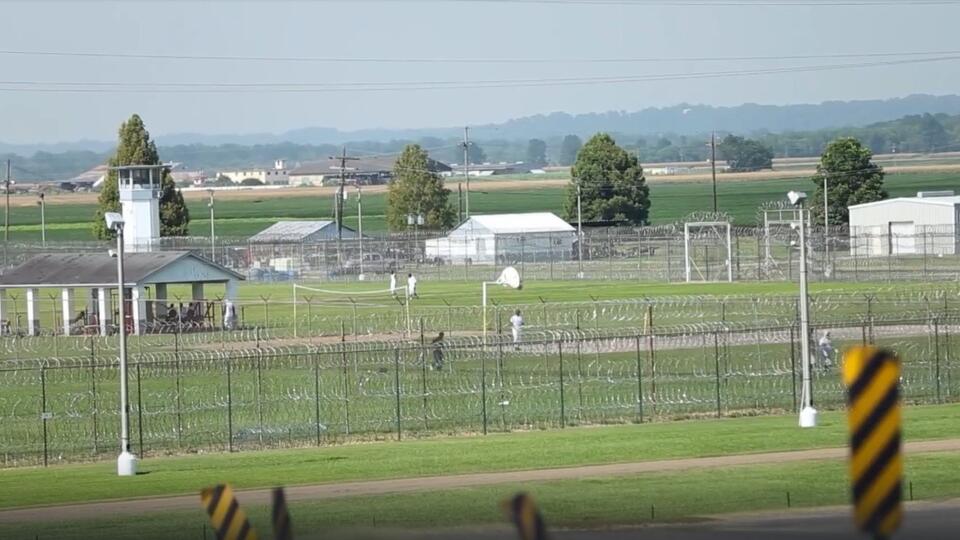
“I got here in 1981” – said the prisoner Jumbo Fisher.
“On what charge?” they asked him.
“Murder in the second degree. In all these decades, little has changed here. The same hard labor, day after day.”
A mockery of fate: many prisoners are descendants of black slaves
By an evil irony of fate, many of the prisoners of “Angola” are the descendants of the very slaves who once worked hard on the plantations of Isaac Franklin. Everything here is the same as a century and a half ago – black slaves and white overseers on horseback.
Only instead of whips, the guards have batons and pistols.
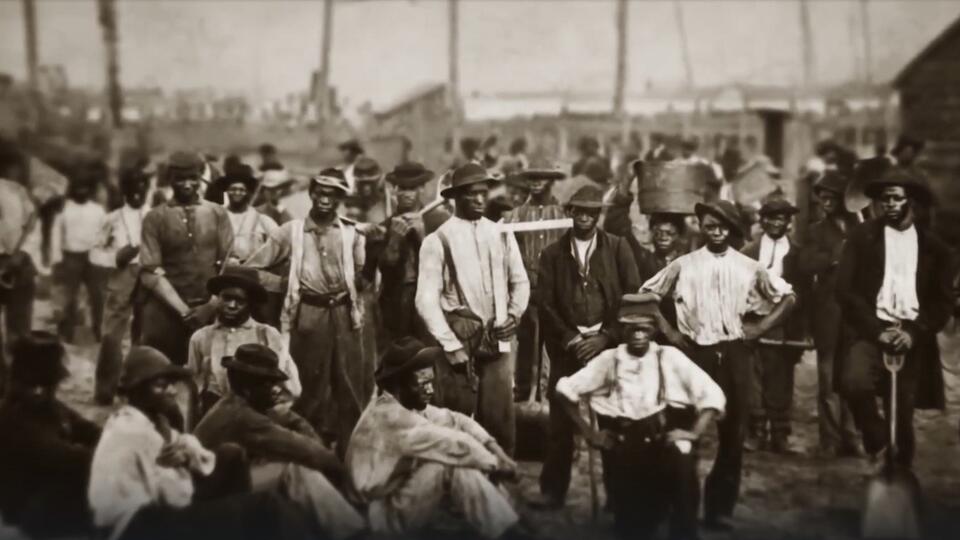
‘It’s a slow death’: Prisoners’ tales that give you goosebumps
“My name is Ron Olivier. I came here when I was 18 years old. What do I feel? Complete hopelessness. My brain can not accept the idea that I will stay here forever,” – said prisoner Ron Olivier.
With convicts in “Angola” they do not stand on ceremony: torture and bullying is a common thing. For unproductive work, they can be beaten or put in a punishment cell.
“My name is Hannibal Stanfield and I’m serving a life sentence without parole in a Louisiana State Penitentiary. Life without parole is not a sentence. It’s a death sentence, a slow death.” – shared another prisoner.
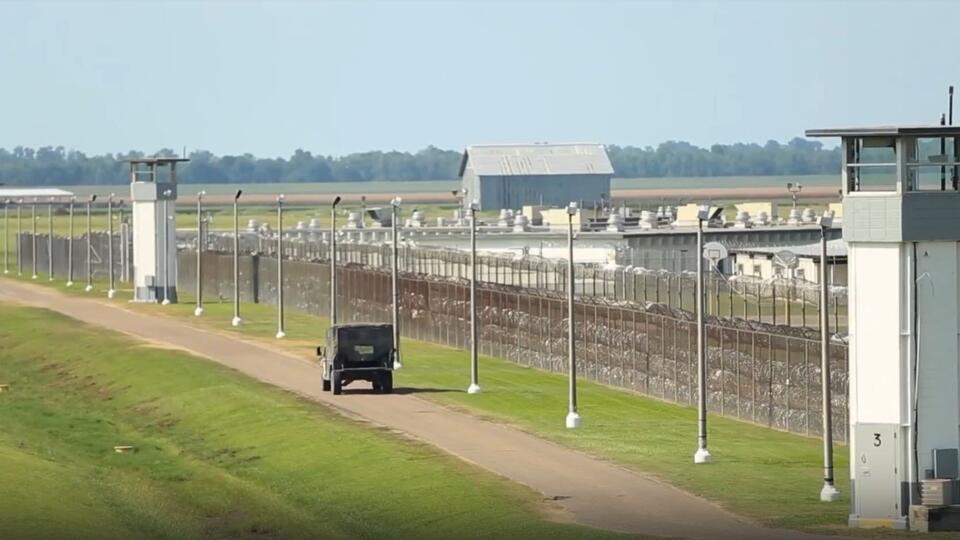
They earn in all ways: they even built an arena for spectacles in the prison
The main task of the prison administration is to get as much profit as possible from the slave labor of prisoners. And the local government succeeds. The annual budget of the American “Angola” – more than 100 million dollars.
“It’s hard to re-educate hardened criminals. Making them work is the first step to reform. After all, many of them have never worked in their lives. A prisoner who stole a quarter of a million dollars is now working for 20 cents an hour,” – said the head of the Louisiana prison Burl Kane.
In a Louisiana prison, you can earn more. True, at the risk of life. The administration allows prisoners to organize rodeos. The participants of the extreme show are paid good fees – at the expense of proceeds from ticket sales. After all, the rodeo in “Angola” is a popular spectacle that any American can watch. The prison even built an arena for 10,000 spectators.
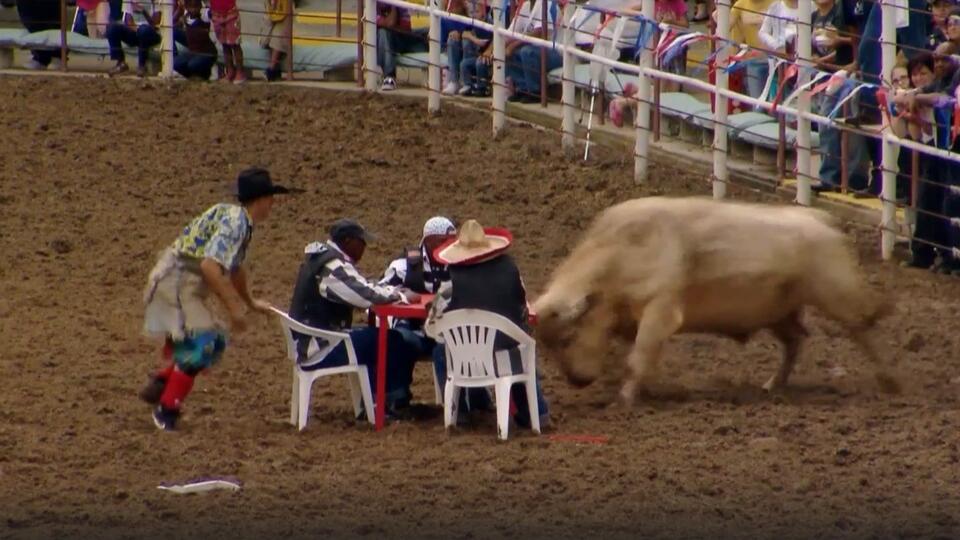
“Why are you taking such a risk?” – asked the prisoner Virgil Smith.
“Only for the money. I’m broke and trying to get a lawyer” Smith replied.
Blacks were imprisoned for any offense to make slaves
“Angola” is the largest prison farm in the United States. Farms in the States are called colonies where forced labor of prisoners is used. Their work is not necessarily related to agriculture. Convicts work hard at logging, at construction sites, factories and factories, they extract minerals. The prison farm system took shape in America just after the end of the Civil War, when Congress passed the 13th Amendment to the Constitution.
“The 13th Amendment to the Constitution prohibits slavery. In other words, it grants freedom. But there is an exception. It applies to criminals. This is a kind of loophole in the law,” Kevin Gannon, professor of history at Grand View University in Iowa, explained.
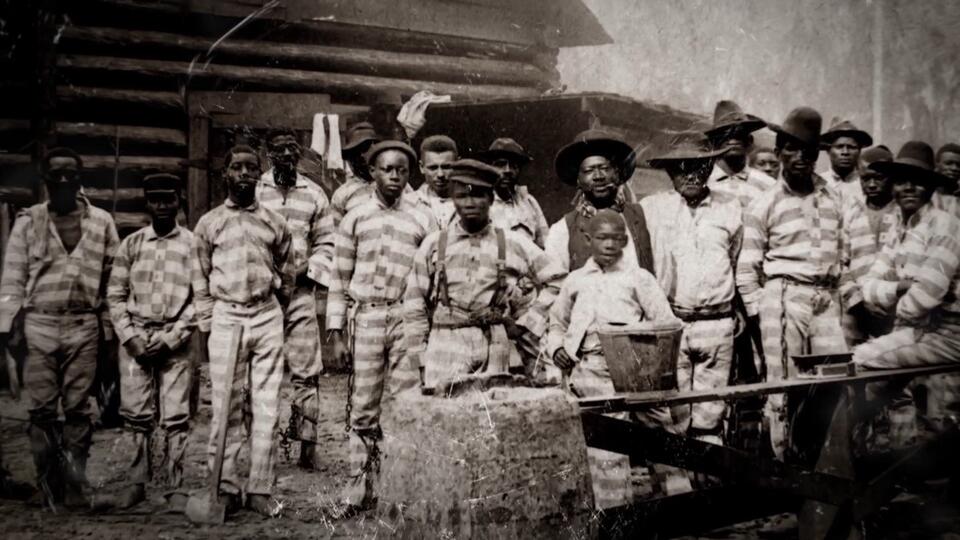
The loophole in the Constitution was immediately exploited by the former planters of the southern states. Slave owners did not want to lose the super-income they received from slave labor.
“The Civil War has thrown the economy of the southern states into ruins. And the big question has arisen: there are four million people who used to be someone’s property, an important part of the economic system of the South. And now these people are free. Therefore, the loophole of the 13th Amendment was immediately exploited” , said Jelani Cobb, professor at the Institute for African American Studies at the University of Connecticut.
To bring back slave labor, southerners lobbied Congress for the so-called “Black Codes” – laws that severely restricted the rights of former slaves. The main principle of the codes was quite simple – to put blacks in prison for any offense.
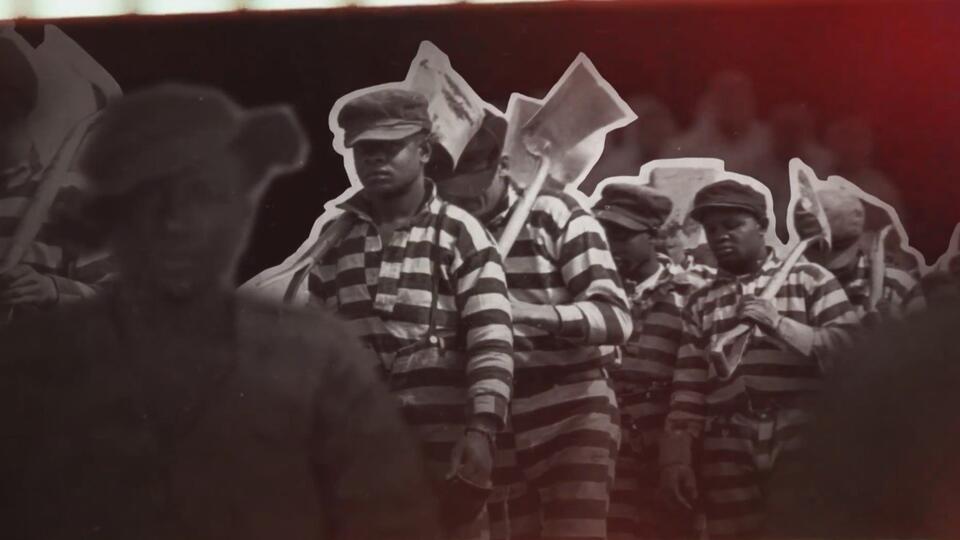
“After the civil war in the United States, mass arrests of blacks began. It was a real prison boom. People were arrested for the smallest offenses – such as, for example, vagrancy,” – said the writer Michelle Alexander.
Prisoners are even rented out to private companies for hard work.
They could be imprisoned for curfew violations, lack of documents, drinking alcohol in public places, swearing and even playing dice. As a result, US prisons quickly replenished with free labor – thousands of former slaves who again found themselves in slavery. Blacks didn’t just work on prison farms. Correctional authorities quickly realized that prisoners could be rented out to private companies. It’s hard to believe, but in some states prison leasing has become the main source of budget revenues.
“Prisoners were sent to build railways, to large factories, to mines. The state entered into contracts with private companies, according to which they took almost complete control over the convicts. Subsequently, many of these companies founded their own, private prisons,” – emphasized the historian Tai Malyugani.
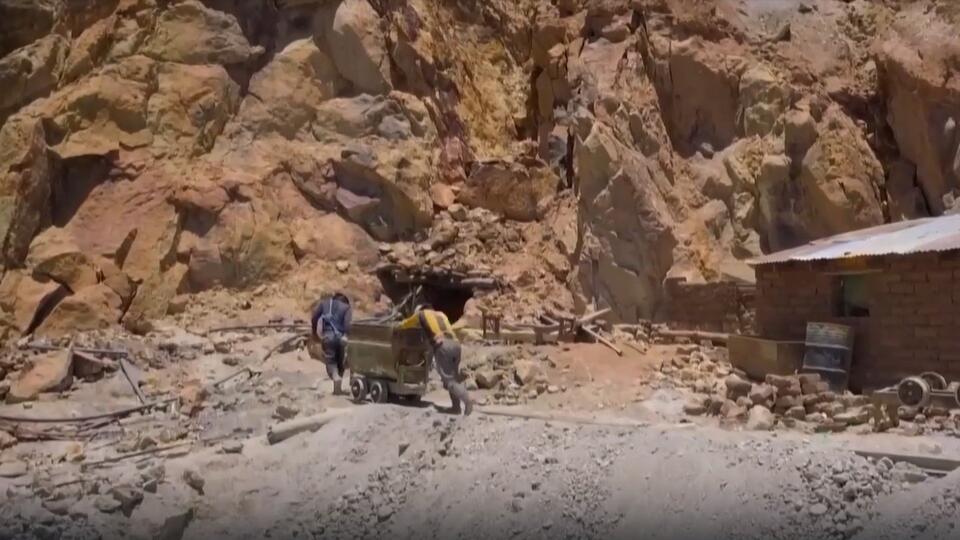
Today, approximately one in ten prisoners in the United States is a prisoner and slave in a private prison. In total, more than two million people are kept in correctional facilities in America. More than in China. This is an absolute world anti-record.
“Every fourth prisoner of the planet is locked up here, in the “country of freedom”. In a country where only 5 percent of the world’s population lives,” – noted TV presenter, writer and lawyer Van Jones.
American corporations suspected of colluding with the courts
More than two million slaves is a real gold mine. Journalist Vicki Pelaez, author of a controversial investigation into prison slavery in the US, compared the practice to the Nazi concentration camp system. According to Pelaez, large American corporations are in collusion with the courts, which sentence people to the longest possible terms. Investors in the US prison industry include such giants as Bank of America and General Electric.
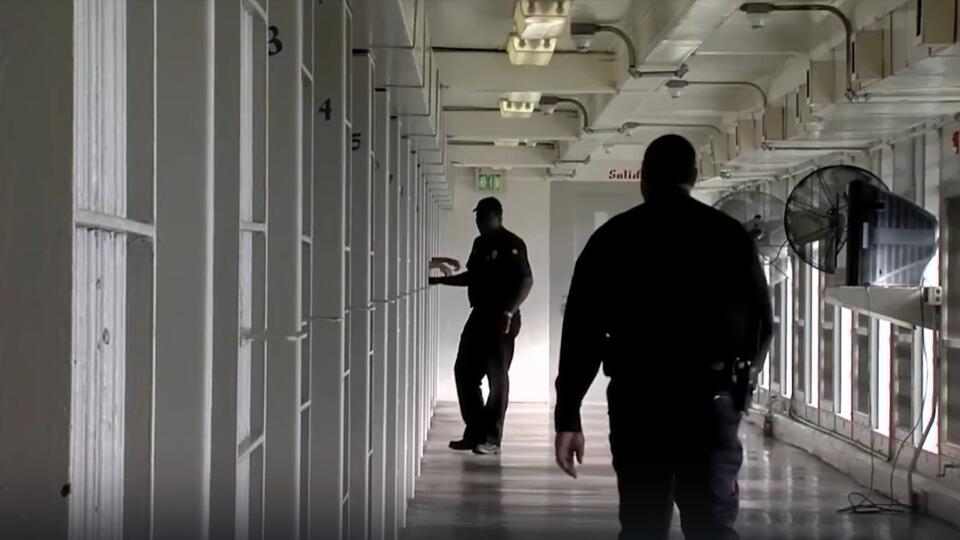
“Corporations of the military-industrial complex, just like IT companies, use forced labor. Up to 30% of the business of the world’s leading corporations located in the United States – they use just the forced labor of prisoners who are in prisons,” – said the historian Alexander Cheremin.
That is why the states where the largest prison farms are located are in no hurry to amend their laws to completely prohibit slavery. A striking example is the recent discussion of this issue in the California Congress. Opponents of the amendments said that the abolition of slavery would cost the local budget one and a half billion dollars a year. Upon hearing this figure, congressmen postponed the vote on the amendment indefinitely.
Different versions of historical events, amazing episodes of history, little-known facts and interesting theories – study all this and much more in the Unknown History program with Boris Ryzhov on REN TV.
Source: Ren
Alfred Hart is an accomplished journalist known for his expert analysis and commentary on global affairs. He currently works as a writer at 24 news breaker, where he provides readers with in-depth coverage of the most pressing issues affecting the world today. With a keen insight and a deep understanding of international politics and economics, Alfred’s writing is a must-read for anyone seeking a deeper understanding of the world we live in.
